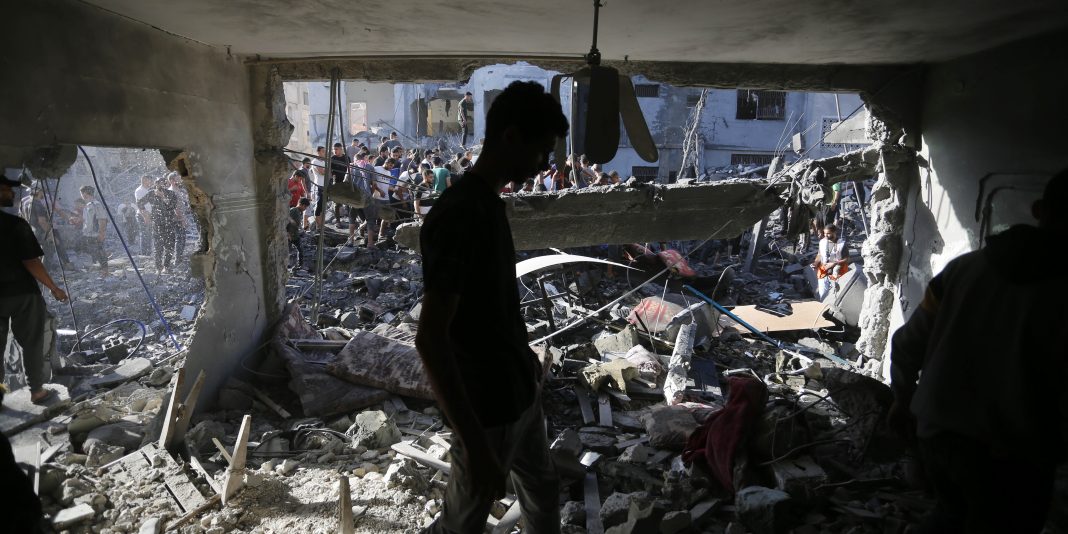Title: Columbia Law Review Faces Backlash for Publishing Article on Palestine
Introduction:
In a controversial move, the Columbia Law Review (CLR) recently faced backlash for publishing an article on Palestine. The article, written by human rights lawyer Rabea Eghbariah, aimed to establish the Nakba as a formal legal concept. However, the CLR’s board of directors, consisting of law school professors and prominent alumni, responded by taking down the entire website. This incident has raised concerns about academic freedom and the suppression of Palestinian voices.
The Suppression of Palestinian Legal Scholarship:
Last November, the Harvard Law Review faced scrutiny and censorship when it decided not to publish Eghbariah’s essay on the Nakba. This unprecedented decision led Eghbariah to collaborate with editors from the Columbia Law Review. After months of extensive editing and preparation, the article was published on the CLR’s website.
Website Takedown and Board Intervention:
However, shortly after the publication, the CLR’s board of directors pulled down the entire website, citing concerns about deviation from their usual processes. This move surprised many faculty members at Columbia Law School, who questioned whether similar control would have been exerted if the article had focused on other contested political sites.
Unprecedented Editorial Process:
The editors involved in the publication of Eghbariah’s article emphasized that it went through an extensive editorial process, with extra caution taken due to potential backlash. The board’s intervention in editorial content is rare, making this incident highly unusual. The editors followed established procedures and distributed the piece only to a select committee, given the sensitive nature of the subject matter.
Importance of Eghbariah’s Scholarship:
Eghbariah’s article expands on the concept of Nakba as a legal framework in international law. It aims to create a legal basis for recognizing Nakba as a distinct crime, similar to genocide and apartheid. Legal scholars have praised Eghbariah’s work for its clarity and historical analysis, highlighting the need to challenge established narratives and think critically about complex issues.
Concerns over Leaks and Backlash:
The editors expressed concerns about leaks during the editorial process, which could have jeopardized the publication. To mitigate this risk, drafts of the article were only accessible to the opt-in committee directly involved in its editing. However, leaks occurred, leading to pressure from the board to delay publication and distribute the article to all CLR members.
Commitment to Palestinian Legal Scholarship:
Despite the controversy, both Eghbariah and the editors remain committed to the importance of this legal scholarship. Eghbariah’s work has been cited in ongoing legal cases, emphasizing the need to recognize Nakba as an independent framework intersecting with genocide and apartheid. The incident highlights the ongoing struggle for Palestinian voices to be heard in academic and legal spheres.
Conclusion:
The Columbia Law Review’s decision to publish an article on Palestine has sparked a heated debate about academic freedom and the suppression of Palestinian voices. The incident raises important questions about the role of law journals in promoting diverse perspectives and challenging established narratives. It also underscores the need for open-mindedness and critical thinking within the legal profession.


